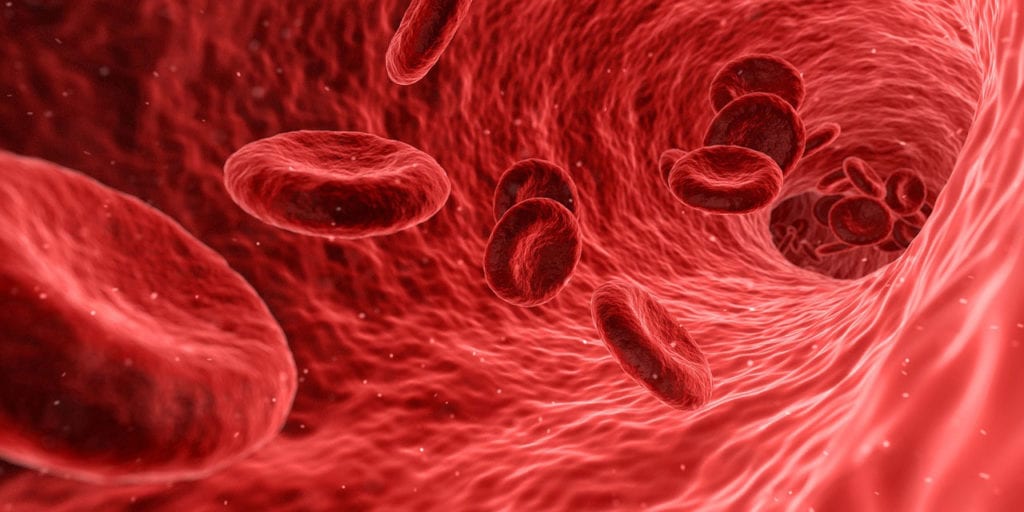People often expect that genetic disorders require prescribed, expensive drugs and treatments, but an article by Medical Xpress goes against this idea. Researchers at the Feinstein Institute for Medical Research in Long Island, New York have discovered that two off-the-shelf drugs, sirolimus and nintedanib, correct the issues within the molecules of mice that have hereditary hemorrhagic telangiectasia (HHT). These scientists have found that these drugs can greatly help or even block some of the worst symptoms of HHT, which is a disorder that does not allow blood vessels to form correctly. While this study was conducted on mice, researchers are very hopeful that it will have an impact on humans with HHT as well.
About Hereditary Hemorrhagic Telangiectasia (HHT)
HHT is a genetic disorder that affects the formation of blood vessels and causes excessive bleeding. This disorder can vary in severity, but in the more severe cases blood vessels become so misformed that they become arteriovenous malformations (AVMs). These deformed vessels can form in various locations throughout the body, such as the brain, liver, lungs, skin, and intestines. HHT is an autosomal dominant disorder, meaning that only one copy of the gene needs to be passed down in order to have the disorder. It is rare within the general public, and has a 50% chance of being passed down from parent to offspring. Besides the hereditary component, it can also be caused by spontaneous genetic mutation. There are several genes that control the development of blood vessels, and the mutations can occur in any one of these genes. Because blood vessels are deformed, the symptoms of this disease have to do with bleeding. The most common first symptom of HHT is nosebleeds. Another common symptom of this disorder is Telangiectasia of the skin, or deformed blood vessels on the skin. Other symptoms include iron deficiency anemia, headaches, seizures, and shortness of breath. Doctors diagnose this disorder through examination of family history, imaging tests, and clinical exams. Genetic testing can also help with diagnosis. There is no cure for this disorder, but the symptoms can be treated separately, and researchers are constantly working to find new treatments.
About Sirolimus and Nintedanib
Sirolimus and Nintedanib are two off-the-shelf drugs that researchers in Long Island, New York have been using to treat HHT in mice. Sirolimus is an mTOR inhibitor, and nintedanib is a VEGFR2 inhibitor. Sirolimus was originally created in 1972 as an antibiotic and belongs to the group of drugs known as macrolides. This drug stops the proliferation of smooth muscle cells, and it has been used to stop the clogging of arteries. Another use of this drug is to help with organ transplants, as it has immunosuppressant abilities. It prevents the rejection of new organs, and it does so through by blocking T cell and B cell activation. The other drug, nintedanib, is mainly used to treat idiopathic pulmonary fibrosis, which is defined by stiff and scarred lung tissue. People with this disorder have trouble breathing. The combination of these two drugs have been found to have a great impact on HHT in mice, and researchers are hopeful that these findings will translate to humans with HHT. The scientists working on this project say that it “is a very promising mechanism-based and disease-modifying approach to treat the AVMs in HHT.”
Current Treatment for HHT
There is currently no cure for HHT. While the symptoms can be treated individually, there are no current drugs that treat all of the symptoms at once. In the United States, healthcare professionals advise that people with HHT go to centers in which physicians specialize in HHT or other rare hereditary disorders. Hopefully, the research being done by The Feinstein Institute for Medical Research will provide new and better treatments for this disorder.
Read the original article here.








